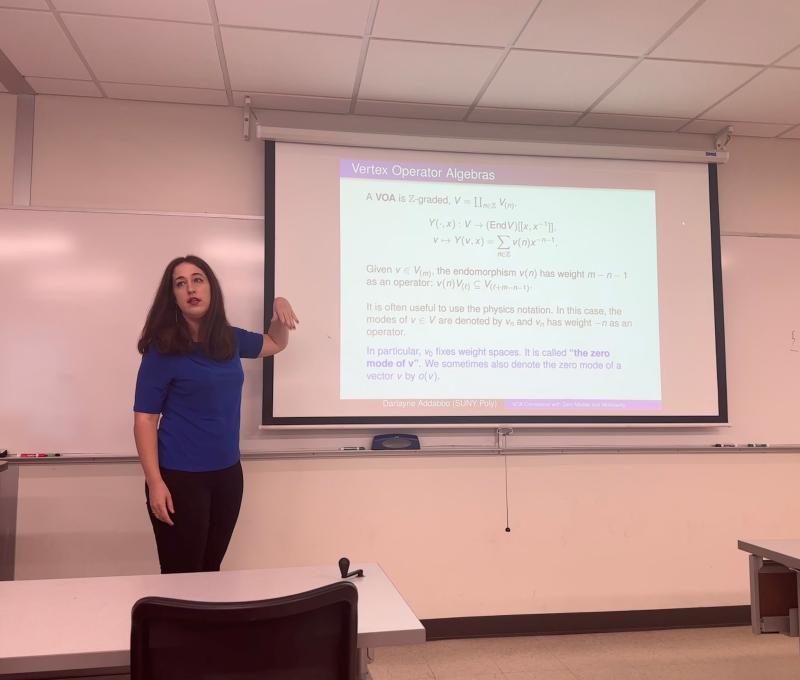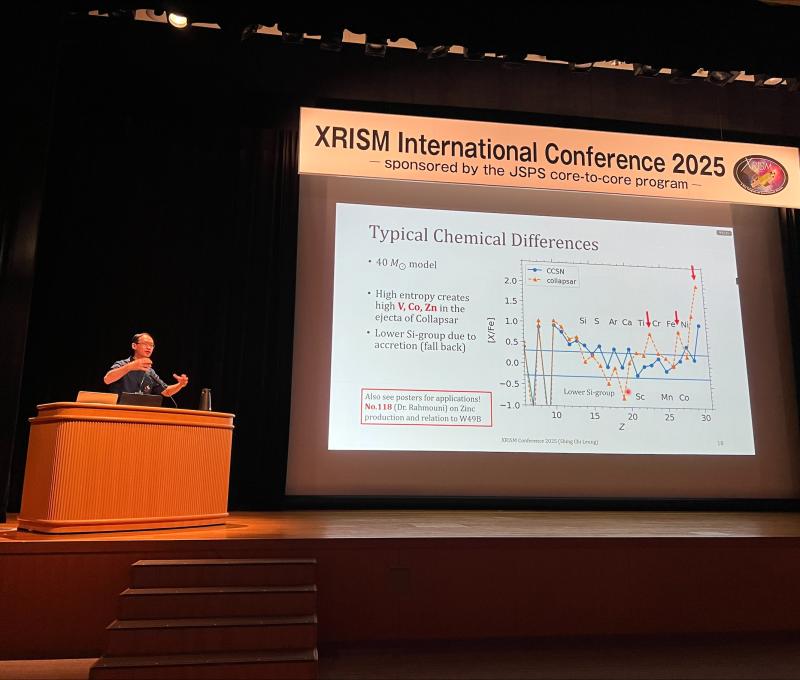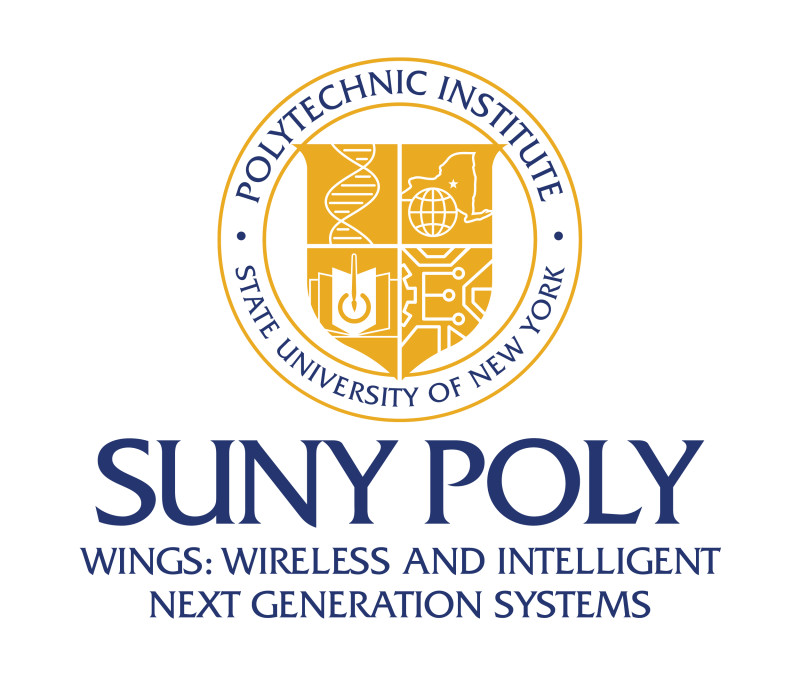Dr. Abolfazl Karimpour Publishes Two Pieces of Collaborative Research With Colleagues at the Center for Applied Transportation Sciences

Dr. Abolfazl Karimpour, Assistant Professor of Transportation Engineering, recently co-authored two pieces of research with colleagues at the Center for Applied Transportation Sciences.
The first, titled "Eliminating the impacts of traffic volume variation on before and after studies: a causal inference approach," and published in the Journal of Intelligent Transportation Systems, introduces an extreme gradient boosting-based propensity score matching method to mitigate biases caused by traffic volume variations in before-and-after transportation policy and technology evaluation studies, demonstrating its effectiveness through a case study in Chandler, Arizona, and highlighting its potential applicability to other similar studies for more accurate assessments of intervention effects.
The second, titled "Severity analysis of red-light–running behavior at signalized intersections," and published in the Journal of Transportation Safety & Security, investigates red-light running (RLR) behavior at intersections, using various factors to identify their impact on RLR violations' frequency and severity. Results reveal that factors such as intersection delay, split failure, yellow interval, cycle length, and lane count influence RLR occurrence, with split failure being particularly predictive for both less and more severe violations. The research provides transportation agencies with calibrated models to comprehend the effects of intersection and corridor features on RLR frequency and severity.







